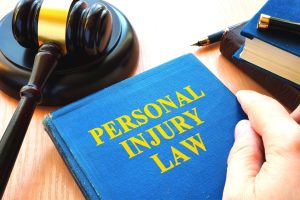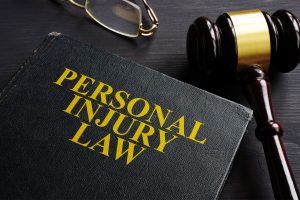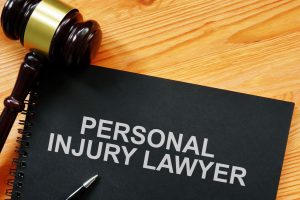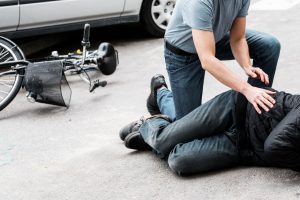Every year, there are more than 33,000 violent crimes reported in Florida. (The actual number is probably higher, as some violent crimes – particularly sexual assaults – go unreported.) Only a fraction of these cases will be prosecuted in a criminal court. But that may not be the only avenue for survivors to seek justice. Some crime victims may have grounds to sue the property owner where the attack occurred. 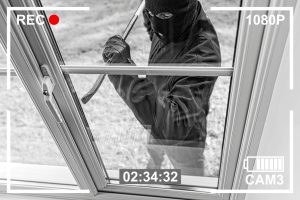
At first blush, that notion might seem a bit nonsensical. After all, the only person who is “guilty” is the one who actually carried out the attack, right?
Yes and no.
As our Palm Beach injury lawyers can explain, it’s true that the only person(s) who will be held criminally responsible (i.e., “guilty”) for a criminal act are those who were directly involved. However, civil claim liability can extend beyond that individual. In fact, most civil claims that stem from a criminal attack are filed against third parties – very often the property owner where the incident occurred.
Liability in these cases stems not from the act itself, but from the failure to protect lawful guests from risks that were reasonably foreseeable by the property owner. This is particularly true if those lawful guests are invited onsite by the property owner for the purpose of financial benefit to the property owner. (Ex: A paying hotel guest would be a “public invitee” who would be owed the highest duty of care and protection by that hotel/property manager.) Continue reading
 South Florida Injury Lawyer Blog
South Florida Injury Lawyer Blog


